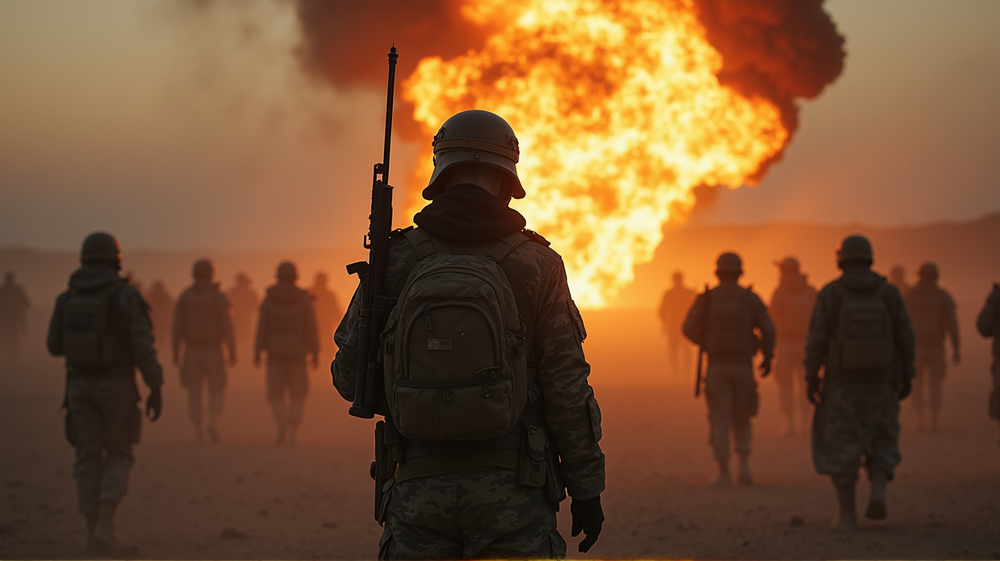A Leaked Call for Action
In a series of leaked recordings, former IDF Military Intelligence Directorate chief, Aharon Haliva, has stirred the waters of global politics with his inflammatory remarks. Captured by Israel’s Channel 12, Haliva is heard arguing vehemently for retributive action following the tragic events of October 7, a day marked by devastating violence. According to the recordings, Haliva advocated for a dramatic response, claiming that for each person killed on that fateful day, “50 Palestinians need to die.” This bold declaration has reignited the heated discourse surrounding the Israel-Hamas conflict, drawing sharp criticism and support from various corners of the globe.
The Implications of Haliva’s Words
Haliva’s comments shed light on a hardline perspective within some military circles, echoing a narrative of enforced reckoning reminiscent of historical traumas. He further insinuated that periodic reminders of consequences—likened to a ‘Nakba’—are necessary to drive home the costs of conflict. This comparison to the Palestinian exodus of 1948 evokes complex emotions and underscores the deep-rooted tensions that continue to fuel the region’s strife.
International Response and Backlash
These revelations have sent ripples across international diplomatic and human rights platforms. Critics argue that such statements could embolden aggressive military tactics, threatening the prospects of peaceful resolution. Meanwhile, proponents of Haliva’s stance question whether such decisive action could deter further hostilities. As these dialogues unfold, both sides are watching closely, weighing the potential for escalation.
The Ongoing Struggle for Peace
While Haliva’s comments have captured media attention, they highlight the broader, unresolved struggles at the heart of the Israel-Hamas conflict. This longstanding issue, fraught with historical grievances and geopolitical interests, continues to challenge peacemaking efforts. According to The Jerusalem Post, the dynamics in the region are further complicated by ongoing military and humanitarian concerns, as each side grapples with the legacy of loss and the pursuit of security.
Broader Context of Regional Conflicts
The leak of Haliva’s recording adds a controversial chapter to a series of complex interactions between Israel and Gaza—an area that remains a focal point of global attention. Meanwhile, stories such as the fall of the Roman Empire’s unlikely resonance, or Israeli soccer fans sparking controversies abroad, remind the world of the multifaceted culture within this turbulent landscape.
Conclusion: A Future Looking Forward
As the world assesses the impact of Haliva’s statements and actions within the context of broader political and military strategies, one thing remains certain: the path to peace, though fraught with obstacles, is imperative. Stakeholders and leaders worldwide must critically evaluate historical precedents and collective aspirations to forge a future that honors lives and rebuilds communities. As narratives evolve, the global call for dialogue and diplomacy intensifies ever further.












